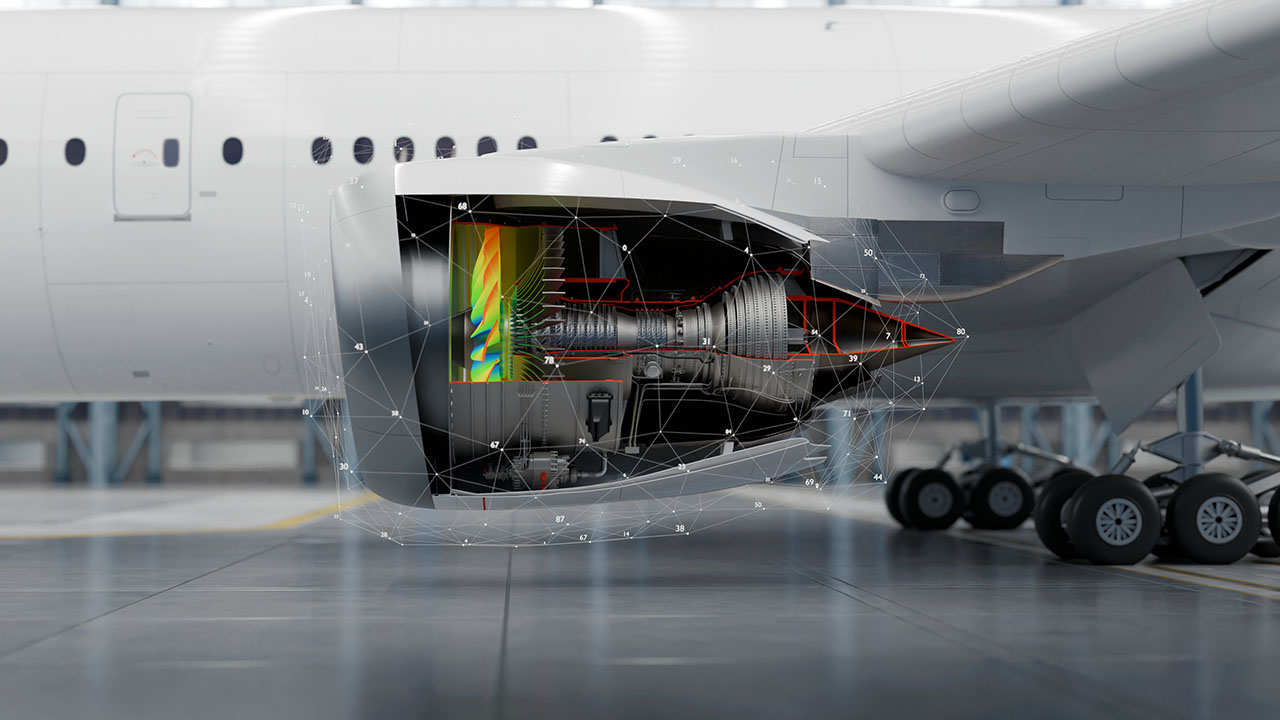Recently, it was reported that Siemens announced that it had signed an agreement to acquire Altair, a simulation technology giant. Altair develops software for the automotive industry, but also offers other products and solutions. The company uses its unique advanced simulation technology to help customers complete product design and improve processes, shorten product development cycles, reduce R&D costs, and improve performance. Altair's simulation software is widely used in the automotive industry, such as autonomous vehicles, aerospace, and military. Some industry insiders said that through this acquisition, Siemens will further consolidate its positioning as a technology company and maintain its dominant position in the field of industrial software.
For Siemens, the acquisition of Altair is an important strategic decision. This investment reflects Siemens' path to help customers accelerate their digital transformation and drive sustainability by bridging the physical and digital worlds. The Siemens Xcelerator platform will be combined with Altair's strengths in simulation, high-performance computing, data science and artificial intelligence to complete Siemens' portfolio in AI design and simulation. Roland Busch, President and CEO of Siemens AG, said: "Over the past 15 years, we have been consolidating our leading position in industrial software and accelerating the benefits of data and artificial intelligence technologies across a wide range of industries. This acquisition is an important step forward for us.”
Ralf P. Thomas, Chief Financial Officer of Siemens AG, commented: "The acquisition of Altair will provide significant synergies to Siemens, enabling us to effectively manage our capital allocation while balancing investment and shareholder returns with a strong balance sheet. The transaction is expected to be accretive to earnings per share within two years of closing.”

Figure: Siemens' acquisition of Altair Engineering strengthens its leadership position in artificial intelligence (Source: Siemens)
James Scapa, Founder and CEO of Altair, said, "This acquisition marks an important moment in Altair's evolution from a Detroit startup to a world-class software and technology company. With thousands of customers in the global manufacturing, life sciences, energy and financial services sectors, we have built a strong workforce and an innovation-driven company culture. We believe that Siemens and Altair have strong complementarities in the field of engineering software. "This collaboration will enable us to combine Altair's broad portfolio in simulation, data science, and high-performance computing (HPC) with Siemens' leadership in mechanical design and electronic design automation (EDA)." "Siemens' cutting-edge technology, strategic customer relationships, and culture of integrity—are a perfect fit for Altair, and together we will leverage computational intelligence to drive technological innovation."
Altair's simulation products complement Siemens' capabilities in areas such as mechanical and electromagnetic functions, further enhancing Siemens' capabilities in digital twin technology and providing users with a comprehensive physics-based simulation portfolio through the Siemens Xcelerator platform. Altair's data science and AI-driven simulation capabilities make it easier for engineers and employees alike to access simulation expertise, reduce time-to-market, and accelerate design iterations. Altair's data science capabilities will also unlock the value of Siemens' industrial expertise in the product lifecycle and manufacturing processes.
Thanks to the acquisition, Siemens expects its digital business revenue to reach €7.3 billion in 2023, up 8% year-on-year, and expects growth of around €600 million. The acquisition will also bring significant synergies to Siemens, especially in terms of cross-selling the highly complementary product portfolios of the two companies. In addition, Altair's software will be fully available to Siemens' global business and global industrial enterprise customers, and is expected to generate annual revenue growth of more than $500 million in the medium term and more than $1 billion per year in the long term. Siemens plans to realize cost synergies in the near term and expects annual EBITDA growth of more than $150 million in the second year after closing.





